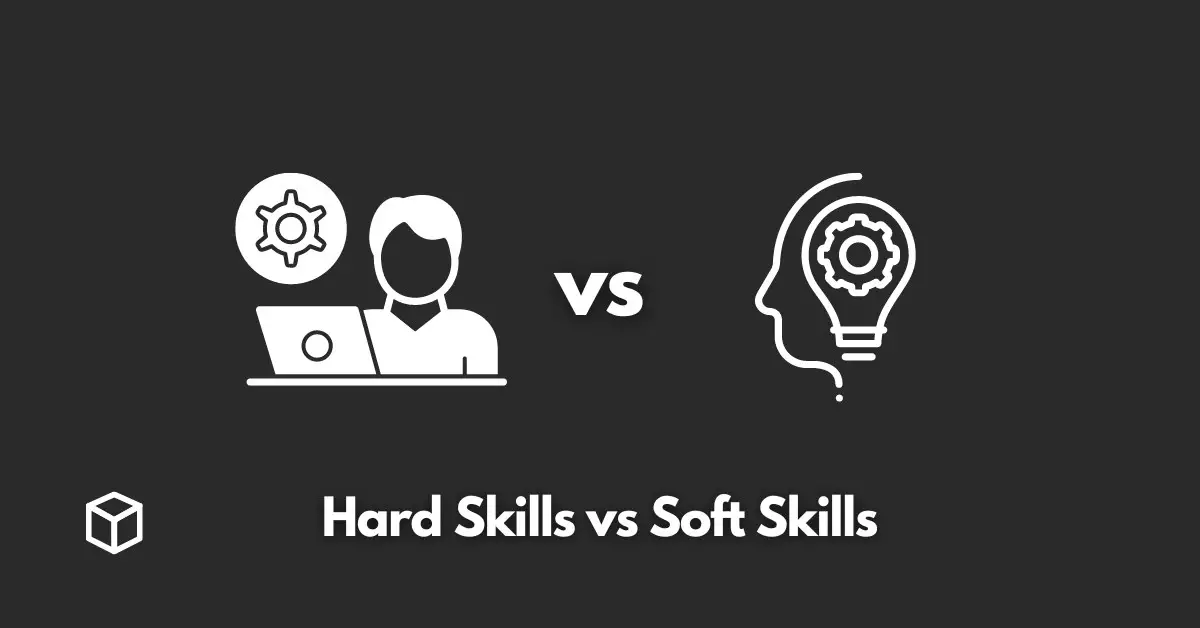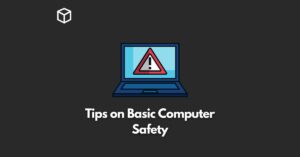In today’s job market, having a combination of both hard skills and soft skills is essential for success.
Hard skills refer to technical abilities and knowledge that can be quantified, such as programming languages or data analysis.
Soft skills, on the other hand, refer to personal attributes that enable someone to interact effectively with others, such as communication or problem-solving.
In this article, we’ll explore the importance of both hard and soft skills in the job market and provide tips on how to develop and showcase them.
Hard Skills
Hard skills are technical abilities and knowledge that can be quantified and are specific to a particular job or industry.
Examples of hard skills include programming languages, data analysis, and project management.
These skills are often required for jobs in fields such as technology, finance, and engineering.
To develop and showcase hard skills, it’s important to take online courses and gain certifications.
Participating in hackathons or other coding competitions can also be a great way to demonstrate your skills to potential employers.
Further, including specific hard skills on your resume and linking to relevant projects or portfolio pieces can help showcase your abilities to potential employers.
Soft Skills
Soft skills refer to personal attributes that enable someone to interact effectively with others.
Examples of soft skills include communication, teamwork, and problem-solving.
These skills are important in any industry and are often the deciding factor in who gets hired for a job.
To develop and showcase soft skills, participating in group projects or volunteering can be a great way to demonstrate your ability to work well with others.
Networking and building professional relationships can also help showcase your communication and teamwork skills.
Balancing Hard and Soft Skills
Having a balance of both hard and soft skills is important for success in the job market.
Hard skills are important for getting your foot in the door and landing a job, but soft skills are what will help you excel in your role and move up in your career.
To balance hard and soft skills, consider taking a course in a hard skill while also working on your communication skills.
For example, taking an online course in a programming language can be combined with a course in effective communication.
Conclusion
In conclusion, both hard and soft skills are essential for success in the job market.
Having a combination of technical abilities and personal attributes will make you a well-rounded candidate and increase your chances of landing a job and excelling in your role.
By developing and showcasing both your hard and soft skills, you’ll be well-prepared for any opportunity that comes your way.




